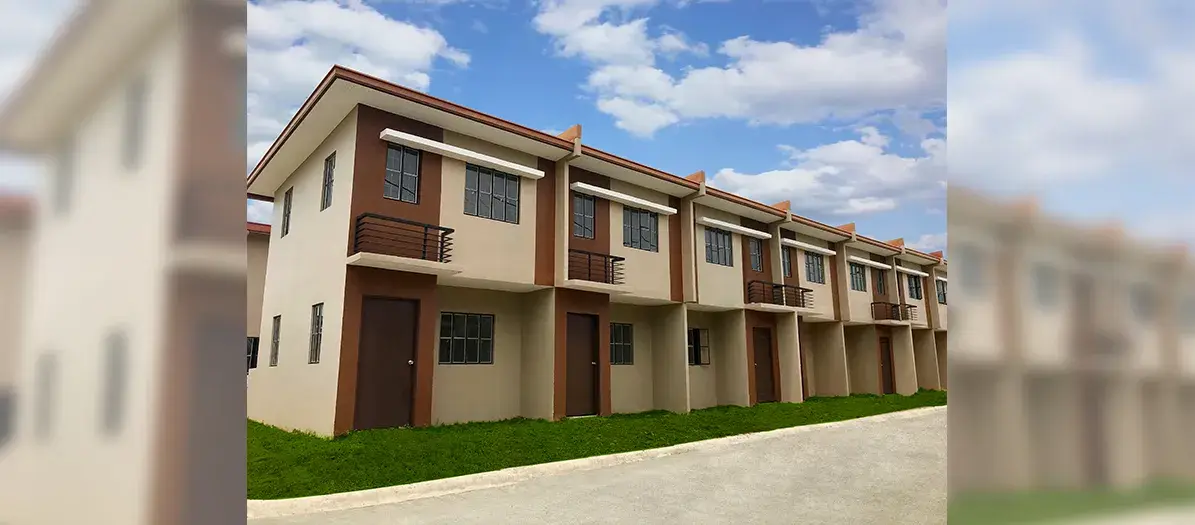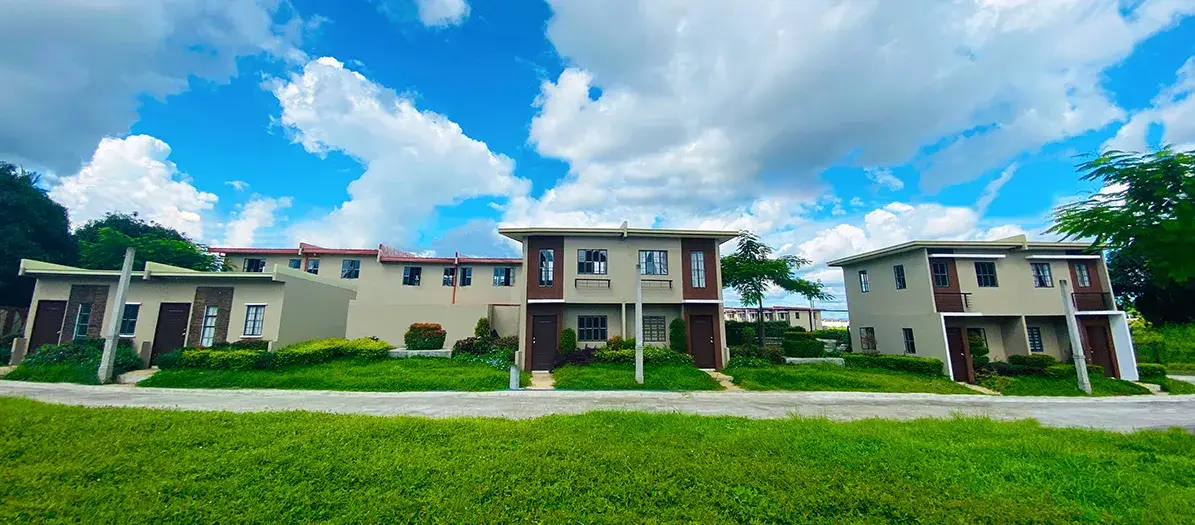Employee Benefits in the Philippines as Required by Labor Laws
18 October 2022
Workers' rights are enshrined under the Philippine Labor Code for their protection against unjust labor practices. Knowing your rights as an employee gives you the weapon to defend yourself in the event of abuse on the part of your employer.
As an employer or HR professional, meanwhile, knowing these government-mandated benefits for your employees gives you a heads-up that employing a pool of great Filipino talents comes with great legal and moral responsibility. Unjust compensation and exclusion of your employees from statutory benefits violate existing labor laws and will subject erring companies to fines, penalties, and even incarceration.
From a health insurance program and housing loans to 13th-month pay and maternity leave, get to know every employee's benefits in the Philippines with their descriptions of coverages as mandated by existing compensation laws.
Labor Code-Mandated Philippines Employee Benefits
There are three main statutory benefits for rank-and-file employees hired by private companies as well as household workers with a monthly salary of not less than P1,000, among others. These are all coming and being managed by government agencies such as PhilHealth, Pag-IBIG fund, and Social Security System (SSS). Monthly contributions are half and half between the employee and the employer.
PhilHealth for in- and outpatient benefits
Philippine Health Insurance Corporation (PHIC) or PhilHealth was officially established in 1995 under the Ramos administration. It is tax-exempted, government-owned and government-controlled (GOCC), and is affiliated with the Department of Health (DOH). PhilHealth aids to mitigate hospital expenses for a patient admitted to a PhilHealth-accredited hospital.
For the year 2022, premium monthly contributions have increased from 3.5 percent last year to 4 percent this year and are calculated based on the employee's basic monthly salary. For employees earning P10,000 and below, P400 is the expected premium payment amount, while 400 up to P3,200 is the expected monthly contribution for employees earning 10,000 up to P80,000.
Pag-IBIG fund for housing loans
Known also as the Home Development Mutual Fund (HDMF), Pag-IBIG Fund is a national savings program that was founded during Ferdinand Marcos Sr.'s administration in 1978 and was established to cater to the needs of Filipino workers for affordable housing financing. In light of the Covid crisis, the increase in monthly contributions was postponed and set to the year 2023.
Just like PhilHealth, it is mandated by law that employees contribute to Pag-IBIG every payday, which will be automatically deducted from their payroll account. Currently, employees can expect a monthly contribution of P100 for Pag-IBIG. The same amount is applicable to their employer.
SSS for sickness, retirement, death benefits
SSS is another national savings program where employees get to enjoy various benefits. Besides filing for sick leave benefits, retirement pay, and funeral grants, SSS also has provisions for maternity leave and disability benefits.
Just like the two other mandatory benefits, SSS contribution is salary-based. Government employees, on the other hand, contribute and receive benefits through the Government Service Insurance System (GSIS), the state-sponsored counterpart of SSS.
Other benefits an employee shall be entitled to
SSS, PhilHealth, and Pag-IBIG are just three of the many benefits an employee is entitled to as enshrined in the Philippine Labor Code. Let's discuss all these other benefits below.
Minimum wage
Aside from nonpayment of mandatory employee benefits from employers, under-compensation is also a notorious labor problem experienced by many Filipino employees from across sectors. Depending on your location, be aware of the set minimum wage. In Metro Manila, the new minimum wage rate is P570 for non-agriculture sectors, while for retail establishments with 15 workers or less, the mandated rate is P533.
Night shift differential
Employees working on the graveyard shift are entitled to a night shift differential payment of not less than 10 percent of their monthly income. Night shift differentials are typical benefits in industries such as business process outsourcing (BPO) where Filipino call center agents serve customers from the United States and Canada, hence the need to work nighttime. The hours to be calculated for night shift payment are from 10 pm to 6 am. Nighttime workers are more vulnerable to illnesses caused by working in such a setup, hence the mandated supplemental pay.
Paternity and maternity leave
The earliest time for maternal leave eligibility is 45 days before the expected date of childbirth. The female worker will then be entitled to a total of 60 days of paid maternity leave credits. The male worker who's had a baby, meanwhile, shall be entitled to a total of seven days of paid paternity leave. But this could go up as much as 14 days should his working wife decides to transfer up to seven days of her maternity leave benefits for her husband to further fulfill his fatherhood duties.
Solo parent leave
Philippine labor laws recognize the hardships of solo parents who take care of a child singlehandedly. Single mothers and fathers are then entitled to parental leave for up to seven days provided they are working at the company for at least one year.
Overtime pay
Rendered hours of work outside of one's regular working hours a day shall be paid for accordingly. The running inside joke among a circle of colleagues in a company is that their overtime work is being 'paid' for with a mere "thank you" by the management, meaning there is no actual monetary payment but words of acknowledgment for extra work done. This is illegal and must be reported to DOLE.
13th-month pay
First legislated in 1975, 13th-month pay is a government-mandated benefit for employees earning at least P1,000 a month. The 13th-month pay is typically issued by December before Christmas Eve, serving as a Christmas bonus where employees could gift family members and godchildren or spoil themselves after a year of being the family's breadwinner.
Vacation leave (VL)
A service incentive leave is an employee benefit given to workers who have worked for a company for at least one year. There is no sickness proof needed to file for a vacation leave. An employee could claim up to five days of service incentive leaves and would be paid normally as they would earn it during normal working days.
Sick leave
Employees are not invincible, so sick leave privileges are to be given to workers who can't report to work as a result of an illness. However, there is no legal provision that would mandate employers to grant their employees paid sick leaves. This will then be applied to the aforementioned vacation or service incentive leave of up to five days.
Bereavement leave
The sudden passing of an immediate family member could be devastating for mourners, and labor laws in the country acknowledge this psychological matter of fact. Three days of bereavement leave shall then be granted unto an employee who had an immediate family member such as parents, grandparents, siblings, and parents-in-law who recently died. In September this year, House Bill 2345, or the Bereavement Leave Act of 2022, was filed and aims to “allow the employee to take a leave from work to grieve and recover from the loss without sacrificing his income.”
Retirement benefits
According to official reports, the optional retirement age in the country is 60 years old while the requisite retirement age is 65 years old. Along with this truth, the minimum retirement pay is calculated by the number of years an employee worked for a private company. A qualifying retiree is entitled to half of his monthly salary for every year of service, while a whole six months will be considered one full year for the calculation of the total retirement pay.
Separation pay
An employee's eligibility for separation pay would depend upon the cause of termination. But just like a retirement benefit, separation pay is calculated based on the number of years served at a company, and will be entitled to half of his monthly salary for every year of service, while six months will be considered as one full year for the calculation of final separation payment.
Leave for gender violence victims
Violence against women and their children is still prevalent to this day. As a result, Republic Act No. 9262, or the Anti-Violence Against Women and Their Children Law, mandates that a victim shall be entitled to a paid leave of up to 10 working days.
Calamity leave
According to the Philippine Atmospheric, Geophysical and Astronomical Services Administration (PAGASA), there are 20 tropical cyclones that hit the Philippines every year, making the country calamity-prone, especially the regions of Eastern Visayas (where Supertyphoon Yolanda wreaked havoc, particularly in Leyte, killing more than 6,000), Bicol region, and Northern Luzon. Calamity leaves are mandated for typhoon victims. Eligible employees can also apply for calamity loans through SSS.
Supplemental benefits
There is a multitude of great Filipino talents that employers will fight for to choose and join their company. Supplemental benefit provisions are one way to attract prospective employees who are on the lookout for company perks they wouldn't find elsewhere. Supplemental benefits such as a mental health leave are popular among job seekers and are a company "turn-on" for them for how it sends an ethical message of putting employee welfare and well-being above company profit.
Penalties for Non-compliance with Mandated Employee Benefits
Employers have the responsibility of not only paying their employees with just compensation but also giving them benefits as required by Philippine labor laws. Noncompliance will not be tolerated with impunity, but will result in penalties and imprisonment.
Having emphasized this, employers can avoid these sanctions by making sure to update their records with the benefits-dispensing agencies. Late remittances of monthly contributions on the part of the employer are also quite common. Late remittances, and non-remittances for that matter, are punishable by a fine depending on the rules and regulations set by SSS, Pag-IBIG, and PhilHealth.
Employees can monitor whether their monthly contributions are regularly credited or whether their employer perpetually fails to remit contributions already deducted from their salaries. In this case, employees are encouraged to file a complaint to hold their employer accountable for their failure of on-time remittance, as this also adversely affects their benefits eligibility.
Lumina Homes: A Wise Investment for Government Employees
As a trusted and award-winning real estate brand, Lumina Homes has a reputable track record of providing quality yet affordable house and lot for sale for Filipino households. If you are a government employee and you want to apply for Pag-IBIG or GSIS loans to finance an affordable house and lot for you and your family, Lumina Homes is an excellent choice for housing, perfect with amenities and perks for your comfort and convenience.
When it comes to accessibility, Lumina Homes makes sure that its communities from across 50 developments in the country are strategically located, in that location plays a vital role in the desirability of a house and lot within a community. Get in touch with one of our team and be one of our homeowners of a Lumina house and lot in the Philippines. Find out more about our housing units and other amenities through our website.
Loan Calculator
Try Lumina Homes' loan calculator and get an estimate computation for your preferred Lumina property and home model.













